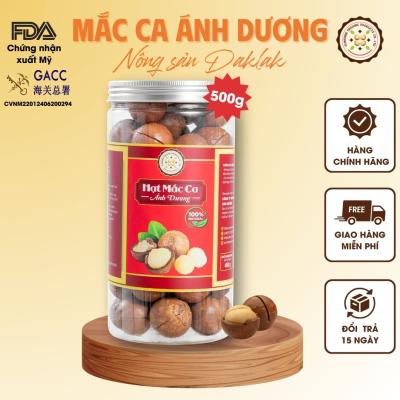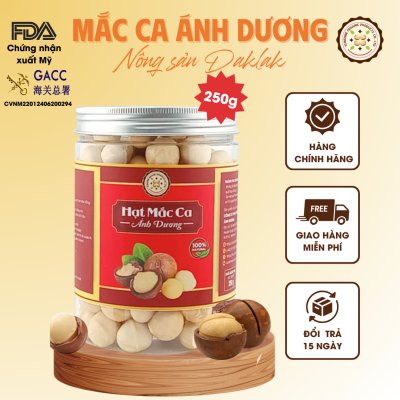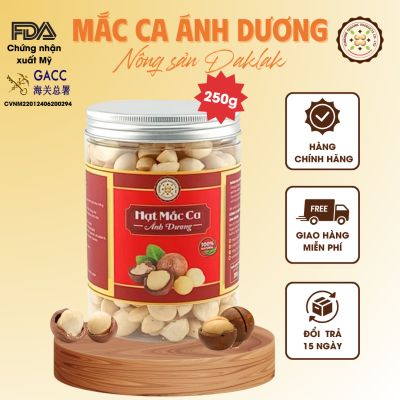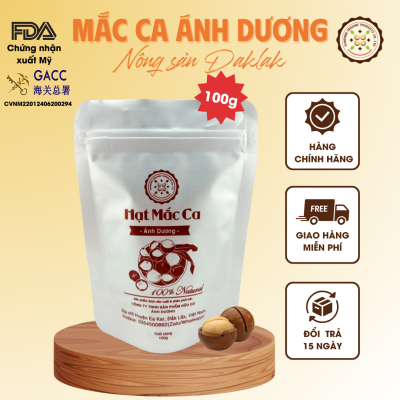Standard for Assessing the Quality of Macadamia Nuts

Assessing the quality of macadamia nuts is an important process to ensure safety and quality standards for consumers, as well as enhance the value and reputation of manufacturers. So do you know the standard for assessing the quality of macadamia nuts? If not, please read this article by Sunshine!
Why is it necessary to evaluate the quality of macadamia nuts?
Ensuring consumer health
Quality assessment helps detect and remove macadamia nuts that are contaminated with bacteria, mold or contain toxic substances. This ensures that only safe and wholesome products reach consumers.
Enhance the reputation and brand of the manufacturer
High product quality helps build and maintain consumer trust in the brand. Consumers will trust and support brands that are committed to providing quality products.
Increase economic value and competitiveness in the international market
High quality macadamia nuts can fetch higher prices on the market, bringing greater profits to manufacturers. Quality products also help minimize costs associated with returned goods or customer complaints.
Standards for evaluating the quality of macadamia nuts
Shape and size
Macadamia nuts need to have an even round shape, not distorted or deformed. The seeds must have a smooth surface, without pits or large cracks.
The size of macadamia nuts must be uniform in each batch of product. Seeds must not be too small or too large compared to normal market standards. Uniform size helps ensure effective processing and packaging.
Seed shell condition
Macadamia nut shells must be intact, without cracks or holes. The intact shell helps protect the kernel from harmful environmental factors.
The color of the seed shell must be uniform, without mold, dark spots or signs of pests. Uniform color shows that the seeds have been stored and handled properly.
Kernel quality
Macadamia kernels must be firm, plump, not withered or rotten. A strong kernel is a sign of a good and nutritious macadamia nut.
The color of the kernels must be bright, not darkened or discolored. The brightly colored kernel indicates that it has not been oxidized or affected by harmful environmental factors.
Smell
Macadamia nuts must have the natural, delicious, characteristic flavor of this nut. Natural flavor indicates that the grain has not been chemically treated or contaminated with unwanted substances.
There is no bad smell, strange smell or bitter taste. These signs show that the seeds are damaged or do not meet food hygiene standards.
Nutritional content
Macadamia nuts must meet standards for unsaturated fat content, protein, vitamins and minerals. These nutritional values help provide energy and health benefits to consumers.
Macadamia nuts must ensure food safety and hygiene, containing no preservatives or toxic chemicals. Check food safety standards to ensure there are no presence of pesticides, preservatives, or other toxic substances.
Process for checking and evaluating the quality of macadamia nuts
Collect seed samples for testing
Macadamia nut samples must be taken from many different locations in the shipment to ensure representativeness and accuracy of test results. The number of samples needs to be large enough for analysis but not too large for convenience during testing.
Check macadamia nuts
Check mechanically
Use a NIR machine to quickly analyze the fat, protein and moisture content in macadamia nuts.
Organoleptic test
Use direct observation to check the shape and color of the shell and kernel. At the same time, taste it directly to evaluate the flavor of macadamia nuts.
Assessing macadamia nut quality based on the standard for assessing the quality of macadamia nuts in terms of shape and size, shell state, kernel quality, flavor and nutritional content is very important. These standards not only ensure the health and safety of consumers but also enhance the reputation and value of the brand. Manufacturers and consumers alike should pay attention to these standards to ensure the best quality for macadamia nuts!
 English
English






















